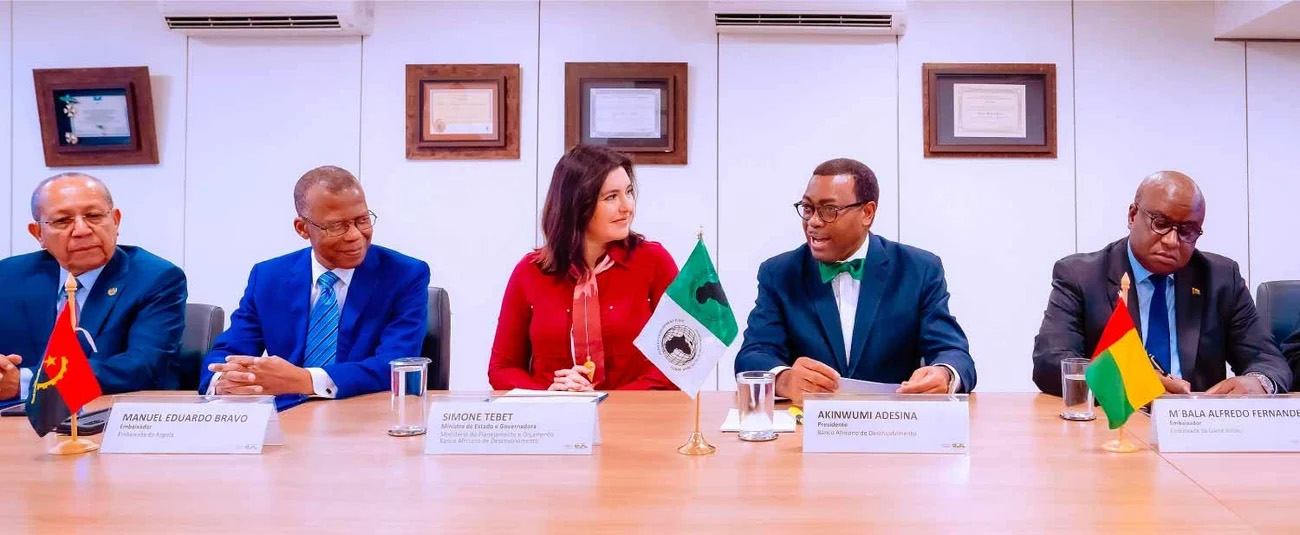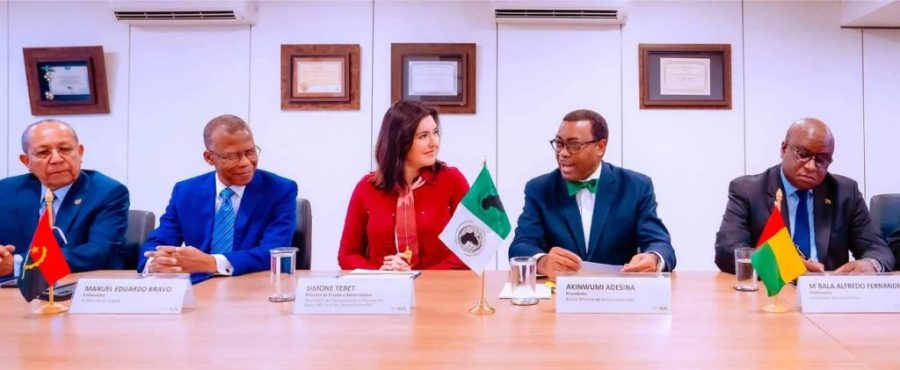Brazil signed a memorandum of understanding to join the Lusophone Compact this week. The initiative has been developed by Portugal with the African Development Bank (AfDB) to accelerate private sector development in Africa’s Portuguese-speaking countries.
Brazil’s minister for planning and budget, Simone Tebet, signed the memorandum along with ambassadors from the relevant governments and Akinwumi Adesina, president of the AfDB, who was in Brasilia leading a two-day official visit. Tebet emphasised the “strong historical, cultural and social ties” between Brazil and the African Portuguese-speaking countries of Angola, Cabo Verde, Equatorial Guinea, Guinea-Bissau, Mozambique, and São Tomé and Príncipe, and the need to “strengthen economic ties through more investments, trade and cooperation.”
Adesina commended Brazil for its decision to join the compact, calling it “a further testament to Brazil’s strategy to deepen economic and political ties with African countries.” This has been a focus of President Luiz Inácio Lula da Silva, who Adesina met with on Tuesday, as he seeks to redress the neglect with which his predecessor treated the continent.
[See more: Lula says Brazil has the ‘potential to help Africa’]
Since its launch in December 2018, the Lusophone Compact has approved US$166.4 million for projects in energy and transport, as well as enterprise development initiatives.
Adesina believes the addition of Brazil, one of the world’s largest economies, to the compact will provide valuable leadership in areas such as agriculture, energy, health, industrialisation and private sector development. During his visit, the bank president met with senior government representatives from the ministries of foreign affairs, agriculture and health, as well as representatives from the National Confederation of Industries to explore areas of further cooperation and partnership.
He came away from the visit inspired by Brazil’s desire to do more with Africa. “Brazil engages Africa with its heart. Brazil respects Africa, it shares with Africa and believes in Africa.”






